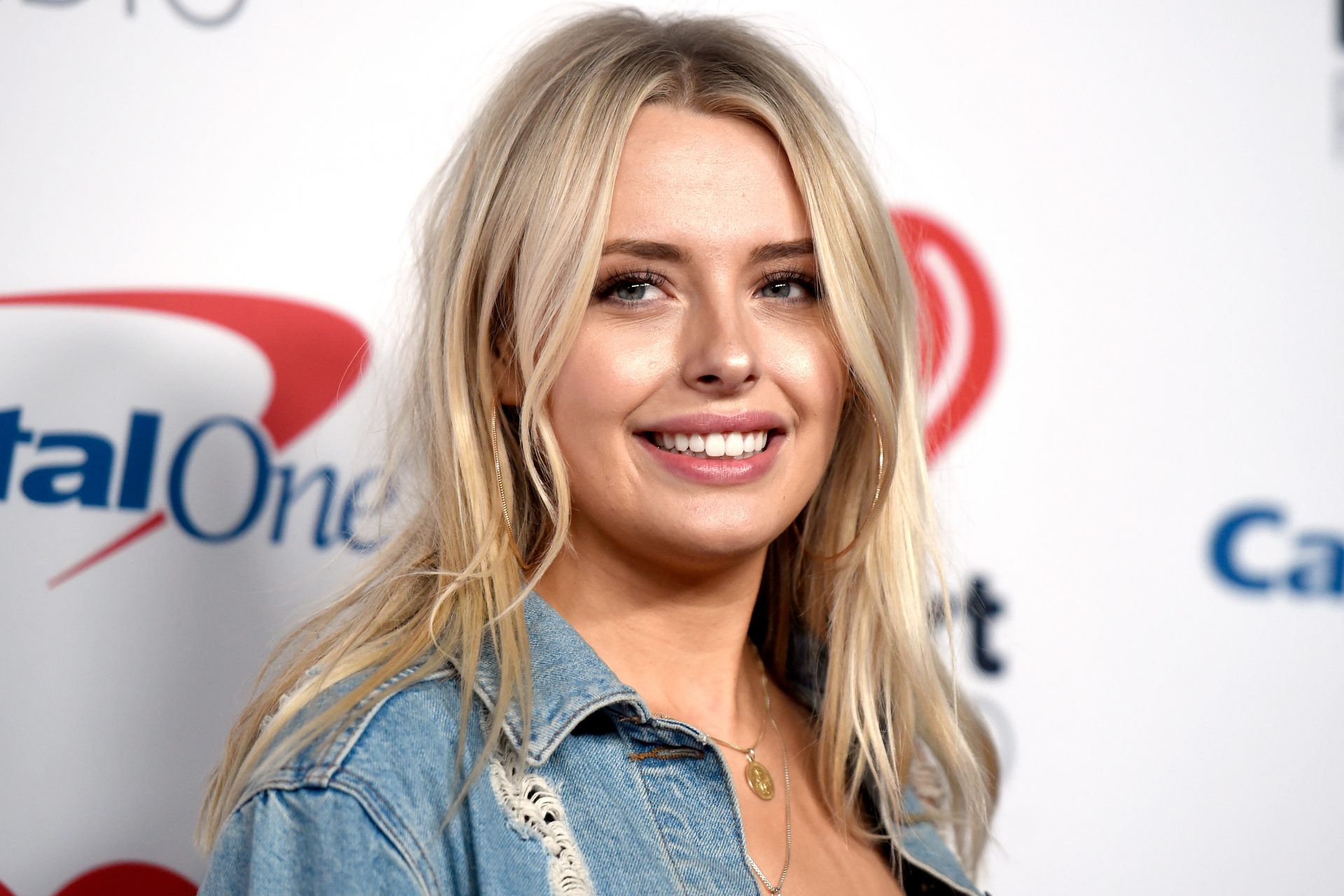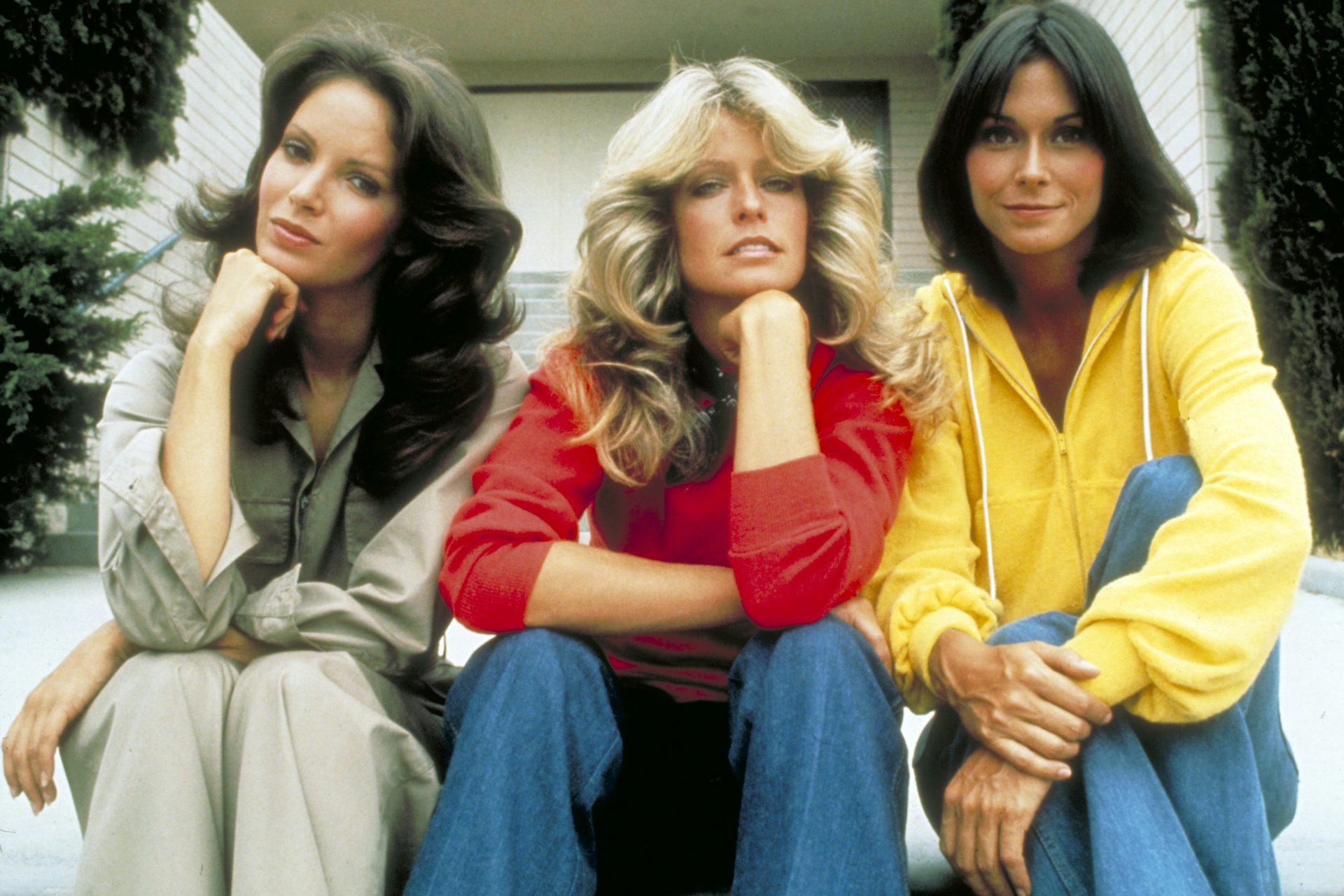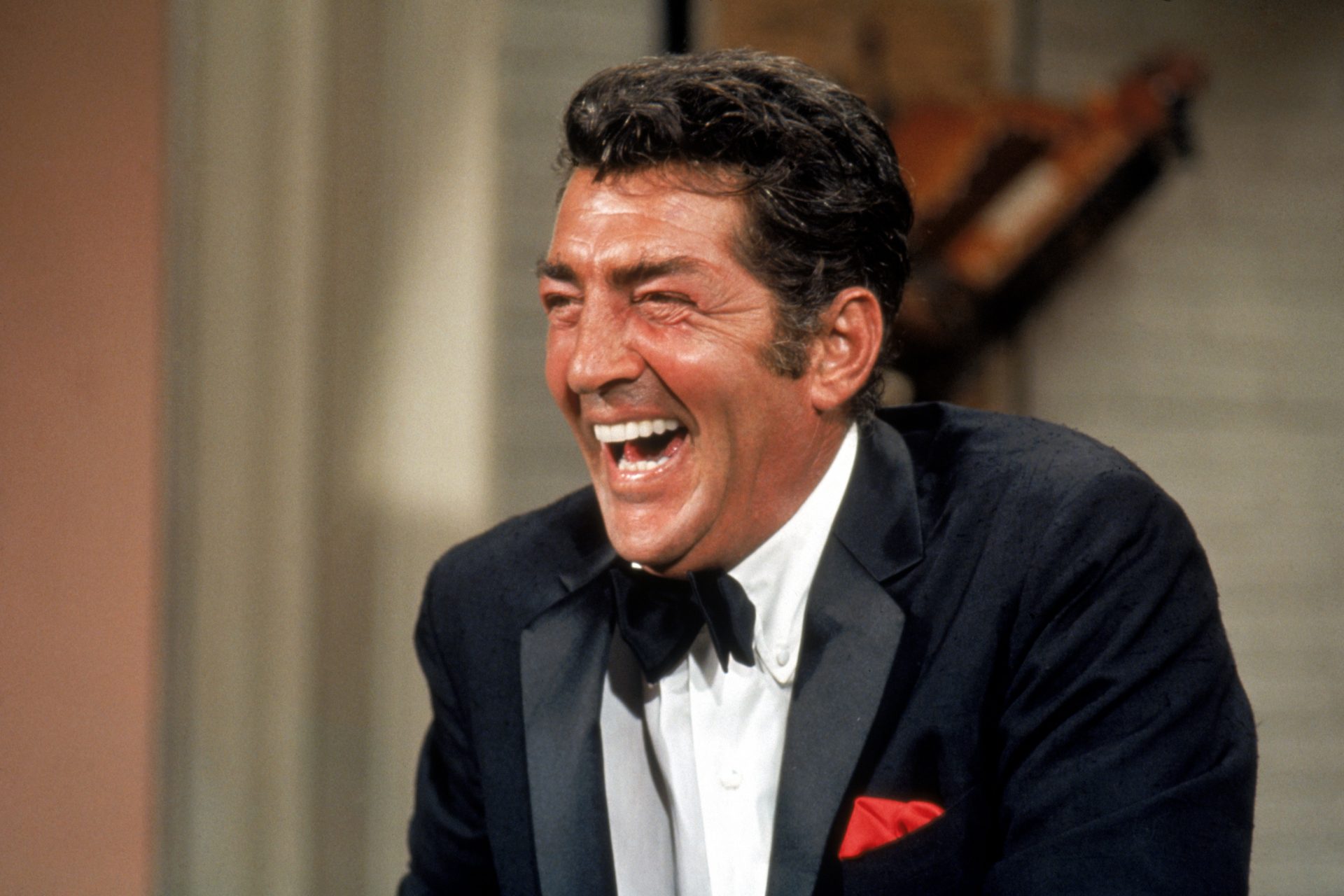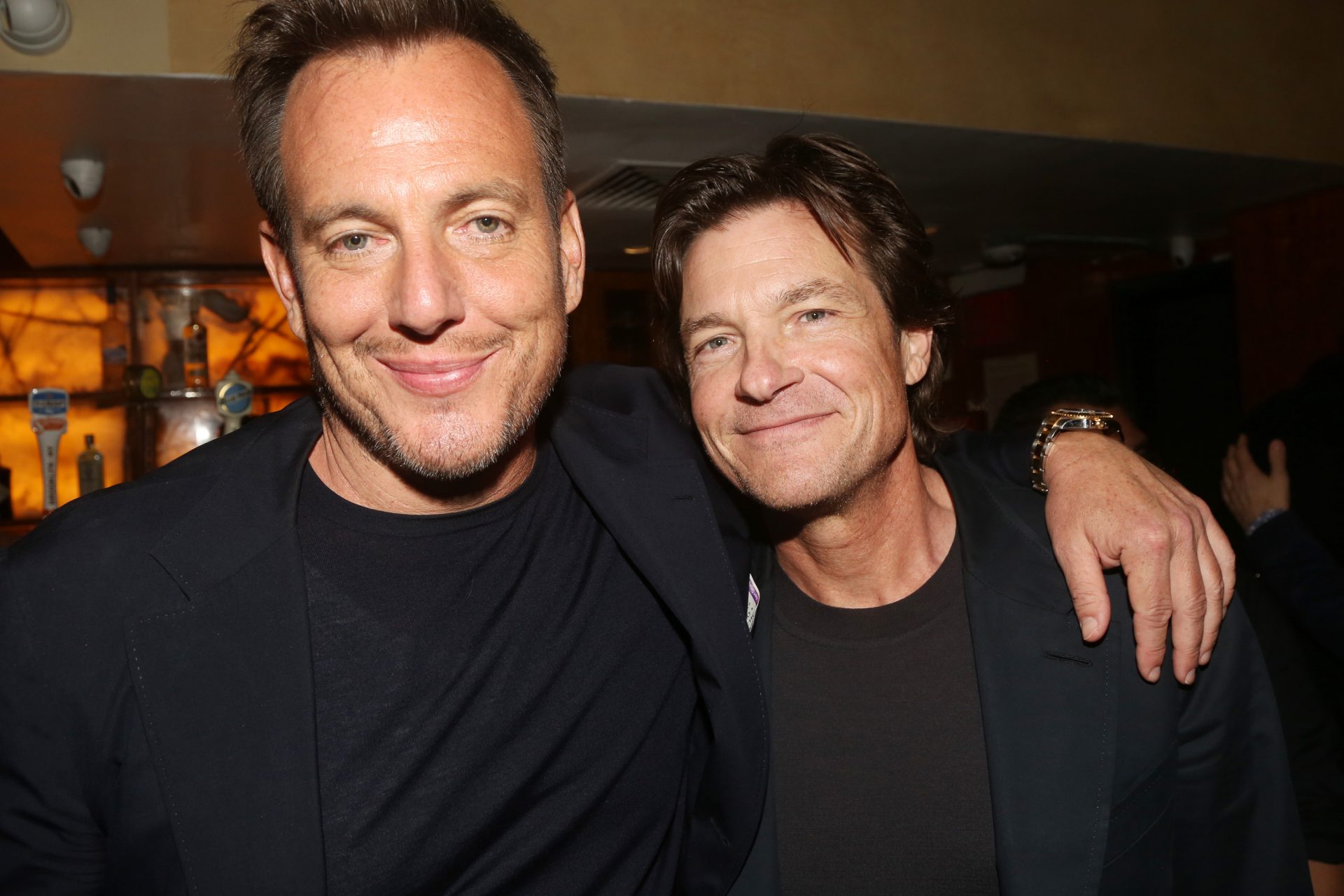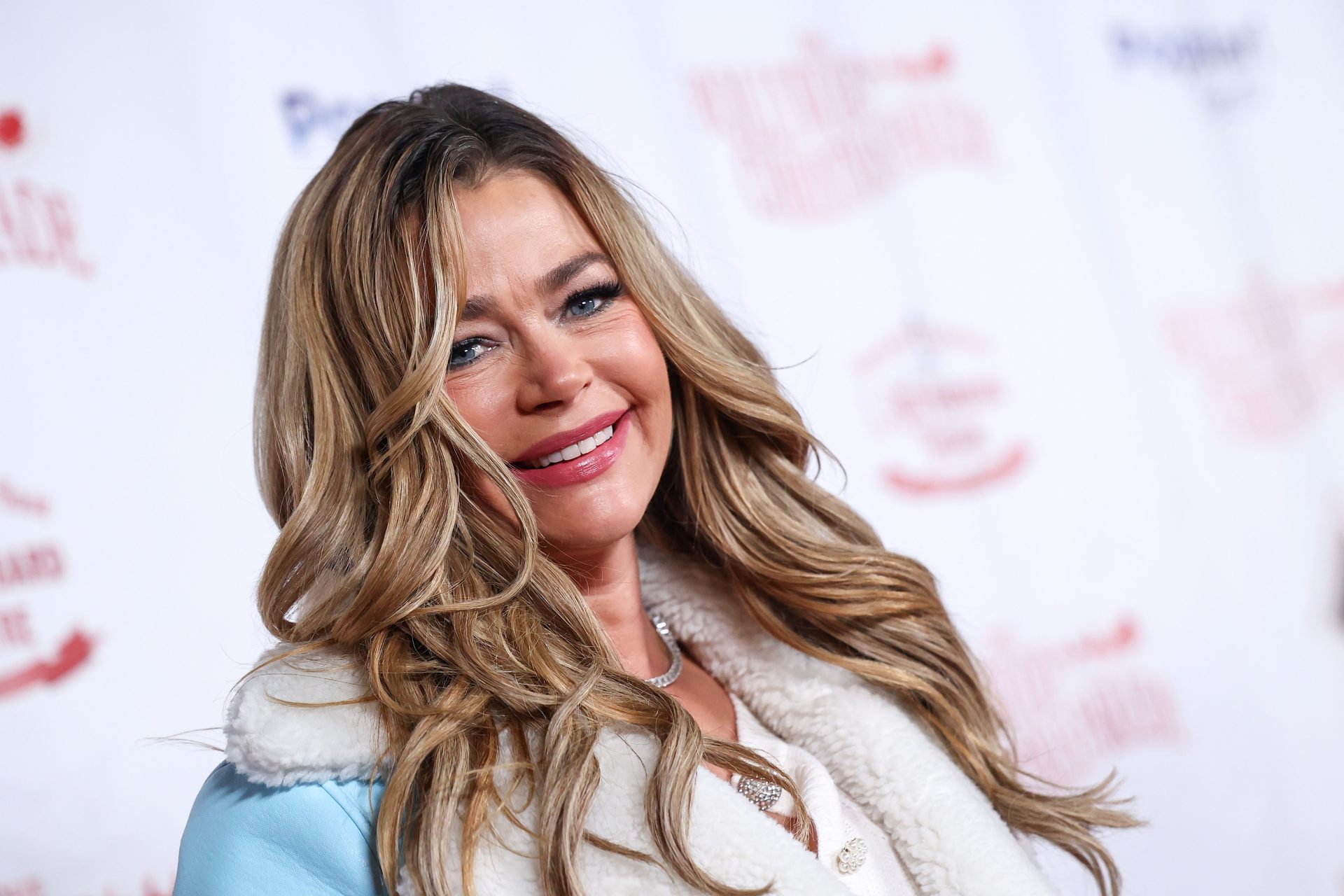Pavel Durov: Russian billionaire, Putin dissident and founder of Telegram
Pavel Durov was dubbed the ‘Russian Mark Zuckerberg’ by The Huffington Post in 2012. Though not a well-known personality in The West, the tech mogul is the co-founder of the messaging app Telegram, which has been a constant pain in the neck to Vladimir Putin and other authoritarian governments around the globe.
With a fortune estimated by Forbes at around 15 billion US dollars, what’s the story behind this vegetarian and teetotaler tech mogul?
Pavel Durov was born in St. Petersburg (Leningrad during the Soviet Union) in 1984. His father was a Professor of Philology at St. Petersburg State University.
Funny enough, Vladimir Putin, another alumnus of St. Petersburg State University, worked there in the early 1990s when Durov’s dad was head of the Classical Philology Department.
Pictured: Putin unveiling a monument to Anatoly Sobchak, former St. Petersburg State University professor.
Pavel Durov graduated from the university in 2006. Around the same time that Mark Zuckerberg was starting out with Facebook, Durov and his brother Nikolai began the popular Russian social media platform Vkontakte.
Vkontakte, better known as VK, was at first inspired by the then-nascent social media platform Facebook. However, it soon stood out for having as little regulation as possible.
Durov’s first clash with authorities happened in 2011, during nationwide legislative elections for the Duma, the lower house of parliament.
The New York Times reports that Durov refused the Russian government’s request to take down the pages of opposition politicians from VK.
Durov responded by posting a picture of a dog in a hoodie with his tongue sticking out on his Twitter account. The police sent a SWAT team to his home in retaliation.
It was after the incident, The New York Times writes, that Durov realized he had no safe way to communicate with his brother and business partner. That’s when the two of them came up with the idea of Telegram, launched in 2013.
Tensions between VK and the Russian government continued for years. During the start of the annexation of Crimea, Durov refused to hand over data of pro-Ukrainian protesters.
The Russian tech mogul also refused to block opposition leader Alexei Navalny’s page from the social media platform.
Eventually, entrepreneurs close to Putin ended up buying 48% of VK and forcing Durov to sell his stock and leave the company.
Durov took residence in Saint Kitts and Nevis, where he eventually obtained citizenship.
Image: Holger Woizick / Unsplash
It was during this time that he managed to focus fully on Telegram. The platform, with its promise of end-to-end encryption communications, has proven useful for political dissidents in extreme situations such as Iran, China, or Cuba.
However, the lax supervision of Telegram has also come under fire, with accusations in the United States and the European Union of serving as a platform to foster misinformation, hate speech, and illegal content.
Telegram was banned in Russia by a court ruling from 2018 to 2020. Protesters took the streets with literal icons of Pavel Durov as a saint.
Telegram, which according to TIME magazine has surpassed one billion downloads, has become yet another battlefield in the Russian-Ukrainian War.
Some, including Navalny, have accused Telegram of now playing ball with the Kremlin with the app banning a “smart voting” channel during the latest regional elections.
The app is still a favorite of Russian dissents and Ukrainians, with many Kyiv authorities such as President Volodymyr Zelensky keeping an official channel to keep in touch with the people.
With Moscow and Kyiv fighting the information war on Telegram, Pavel Durov’s power in this time of crisis goes without saying.






















